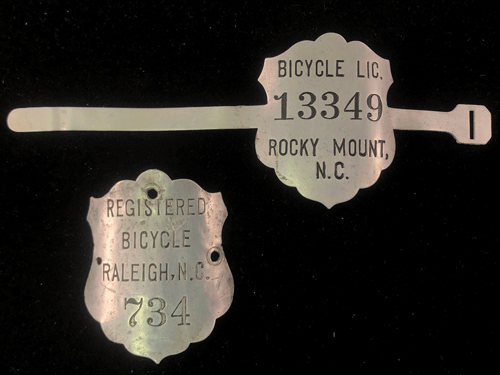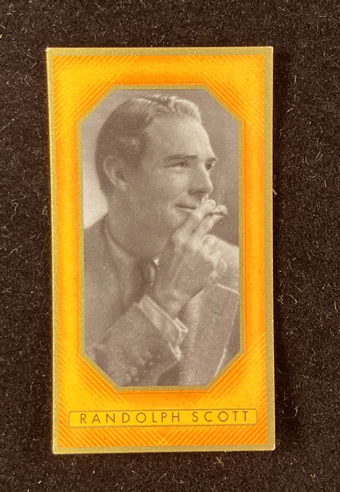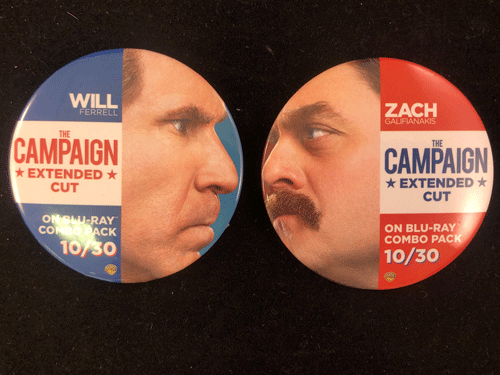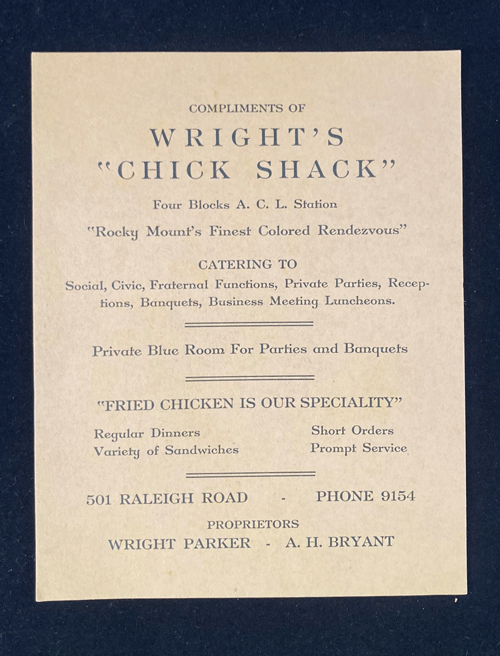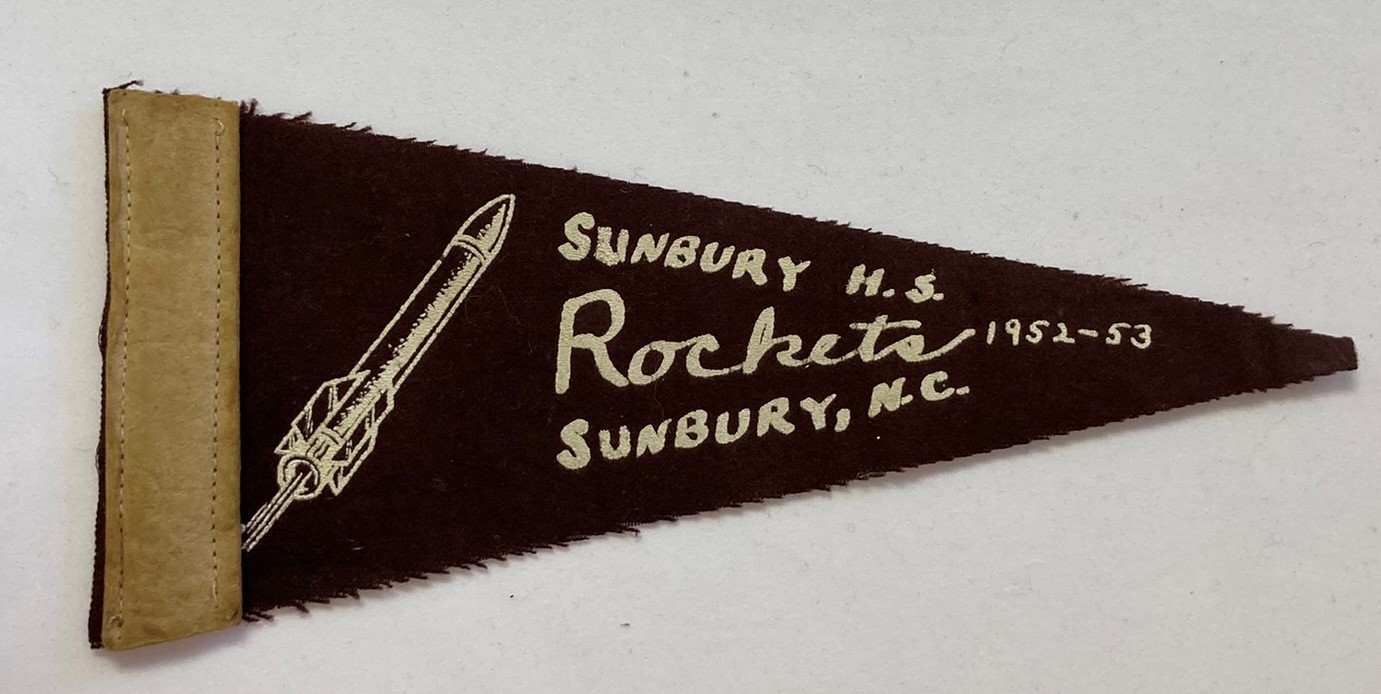“The Carolina colony initially tried to battle epidemics by restricting imports. Passage of the ‘Distempered Act’ in 1755 also barred immigrants who suffered from ‘malignant infectious distempers.’ But these actions proved detrimental to the commercial interests of those seeking settlers to inhabit their lands, and the act was repealed in 1760.
“The Moravian settlement was probably first to adopt inoculation against infectious diseases. When Continental troops arrived in Salem in 1779, bringing with them several cases of smallpox, the town’s inoculation program drew the wrath of ‘ignorant and malicious’ individuals in the surrounding countryside, who threatened to destroy the settlement.
“In 1800 Calvin Jones unsuccessfully attempted to open a vaccination hospital in Smithfield. His failure was due in part to his charge of $10 per vaccination but largely the result of public fear of the procedure…. When, in 1801, a well-to-do citizen of Fayetteville returned from Europe with smallpox vaccinations for his family, public outcry forced him to halt his treatment and move his kin to a ‘remote and private situation.’
“The legislature eventually passed laws for compulsory vaccination. A 1957 law required children to be vaccinated against diphtheria, tetanus and whooping cough before their first birthday and against smallpox before enrollment in school. In 1959 North Carolina became the first state to initiate compulsory inoculation with the Salk [polio] vaccine.
“Despite the availability of vaccines and the mandatory vaccination laws, preventable diseases continued to appear in North Carolina. As late as 1962 not even one-half of its children were getting the required immunizations before their second birthday….”
— From “Infectious Diseases” by William S. Joyner at NCpedia (2006)
This tragic episode certainly didn’t encourage vaccination acceptance.

